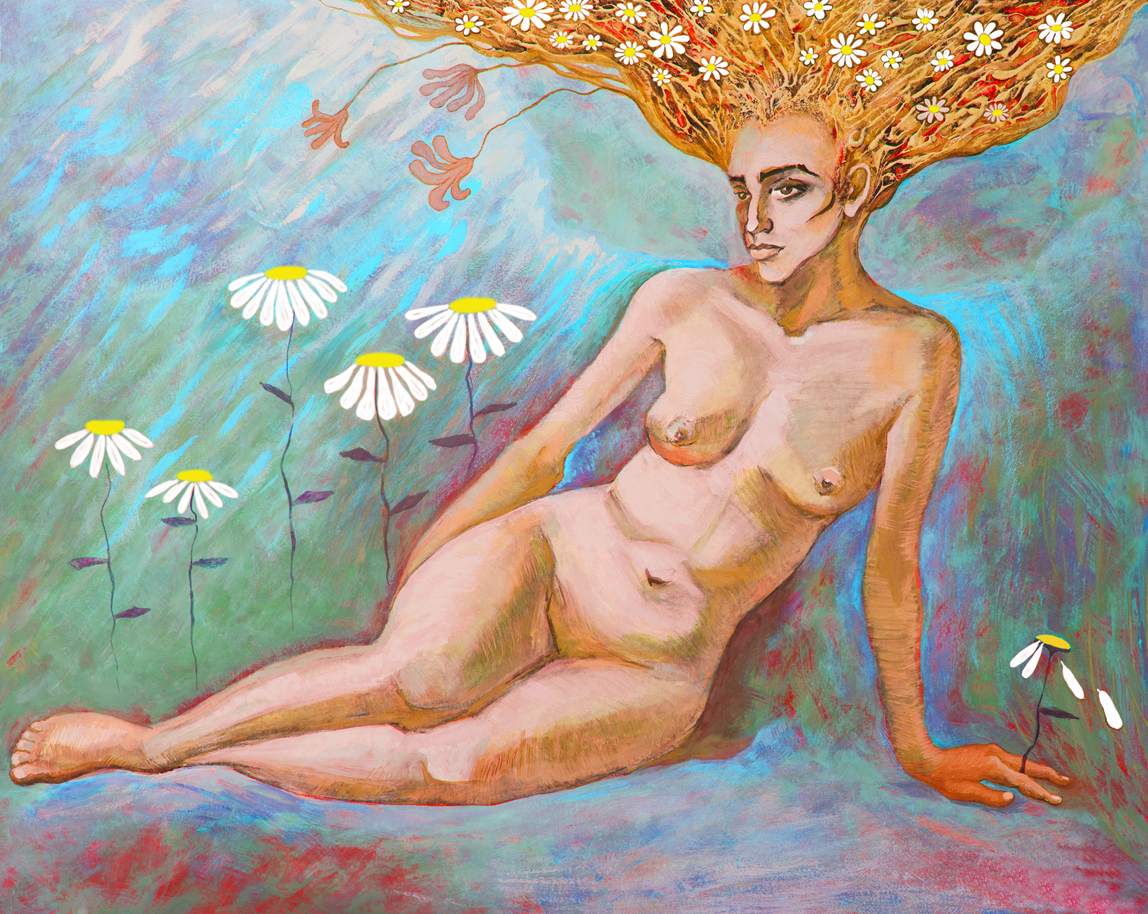Women's Health
Women's Health
Women have suffered from gender bias in medicine for decades.
Women were excluded from most clinical trials until the 1990s and have historically been prescribed less pain medication than men for the same surgeries.
Although 90% of women report symptoms of PMS and 19% of men report symptoms of erectile dysfunction, there is 5 times the amount of money spent on ED research as there is on PMS.
The overprescribing of oral birth control pills and antidepressants to suppress symptoms of hormonal imbalance and the lack of more dynamic solutions for women’s health concerns have led many women to being overweight, depressed, and prematurely aged by the time they reach menopause.

Dr. Mazzola wants women to know there is more testing and treatment available than what is often offered in a conventional medical setting. There are accurate ways to measure female hormones that offer insight into symptoms. Treatment with nutrition, lifestyle, herbs, and bioidentical hormones can help restore balance and normal functioning.
Menopause and Perimenopause
Perimenopause and Menopause are natural stages in a woman’s life that should be celebrated and supported.
The symptoms that can accompany a shift in hormones are many and unique to each person experiencing them. Women often have to endure hot flashes, mood instability, loss of libido, hair loss, urinary issues, bloating, PMS-like symptoms, achy joints, headaches, brain fog, and weight gain without much medical support.
Sometimes these symptoms last for 10 years or more. When women approach their well-meaning doctors about these symptoms, they are told to eat less and exercise more, even if they are already calorie-restricted and running marathons. They are told to be less stressed, which is next to impossible when they feel so unwell. They are either given synthetic hormones, which are intolerable to many women for a variety of reasons or told to avoid hormones altogether due to an incorrect and outdated idea that they increase the risk of cancer. Modern medicine needs to catch up to the needs of women by offering real care and solutions for a condition that over half of the population encounters.
Things like dietary and lifestyle modifications, herbal medicine, supplements, and Bioidentical Hormone Replacement Therapy (BHRT) can support and protect a woman during perimenopause and menopause.

When using BHRT you are using hormones that are identical to what your body already makes. They fit in the hormone receptors on tissues like a key in a lock, thus making them more active with fewer side effects than their synthetic counterparts. Benefits of BHRT include protection of bones from osteoporosis, reduction of LDL and increase in HDL, weight loss, better cognitive function, smoother skin, thicker hair, more, energy, higher libido and more enjoyment of sexual activity, less wrinkles, better sleep, and prevention of many diseases of aging including Alzheimer's, breast cancer, colon cancer, glaucoma, macular degeneration, and heart disease.
PMS/PMDD
PMS is a hormonal disorder that affects most women in their lifetime.
This is a chronic condition that is understudied and undertreated. Symptoms of PMS are headaches, acne, weight changes, cravings, mood shifts, anxiety, constipation, diarrhea, bloating, brain fog, fatigue, dizziness, lack of concentration, food sensitivity, aches and pains, and more. Most physicians treat this as a mental health problem and as such, use psychotropic medications to suppress symptoms of anxiety, depression, and irritability, often with limited success. Treatment involves finding and addressing the root cause with adequate nutrition, supplements, vitamins, minerals, herbs, exercise, mind-body therapy, and hormone balancing.
Women with PMDD experience the psychological effects of PMS at a more intense level that will interfere with normal activity. Conditions that contribute to both PMS and PMDD are poor diet, lack of exercise, inflammation, hormonal imbalance, neurotransmitter imbalance, low levels of certain vitamins and minerals, low levels of Omega 3 fatty acids, toxic overload, stress, electrolyte imbalances, and genetic predisposition.

